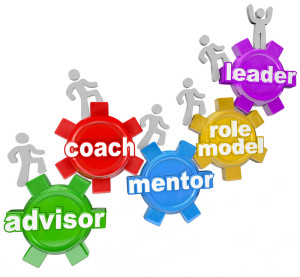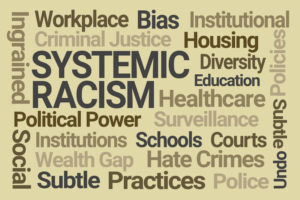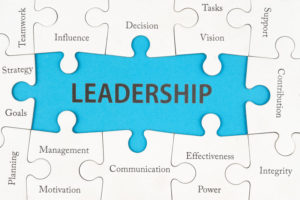What a pleasant surprise to be tagged in a LinkedIn post by my daughter as she shared with her network some great professional news. She just completed her Leadership & Management Certificate Program at Wharton online. I’m super proud of her! She tagged me to thank me for the “nudge”.
Wharton online. I’m super proud of her! She tagged me to thank me for the “nudge”.
I remember well our “nudge” conversation back in August. I remember it more as a conversation where she asked for advice on how best to pursue her education given her current work and how her career is evolving. She has been at the same company for the past 8 years and been promoted several times – she is now Sr. Manager, Executive Communications and Administration, partnering with the CEO and executive leadership team. I would call it more of an ask for advice and get ideas/encouragement conversation.
Her discipline and persistence to get started and finish it in just 6 months is impressive – all while working full-time and as a mother of two young children. It reminds me of when I decided to get my MBA many years ago when she and her sister were young and I had a full-time management job.
I’ve talked about my two daughters in previous posts. I try to be a role model for them professionally. I’ve given them advice as their careers have advanced and am proud to see their accomplishments. They both have a passion for their work and have received awards for leadership and innovation. As I counsel people early in their career – find your passion, be open to the possibilities, and never stop learning.
Many women describe their mothers and grandmothers as inspiring role models. Today would be my mother’s birthday. She died just shy of her 68th birthday after a short battle with cancer. She was only 42 when my father died, leaving her to raise four young children on her own. My mother was a role model for me – a strong and independent woman. Continue reading








